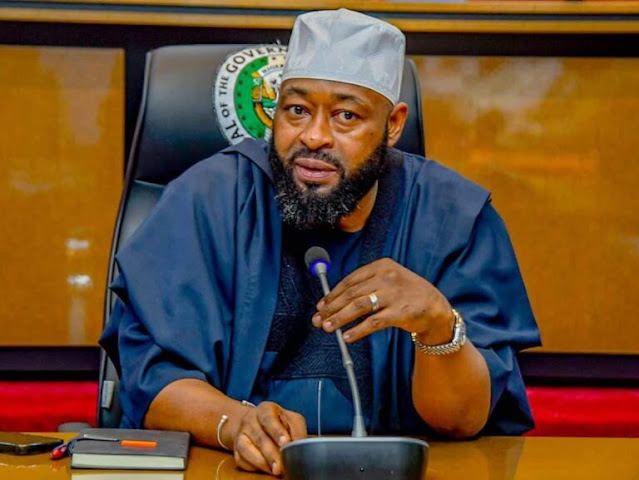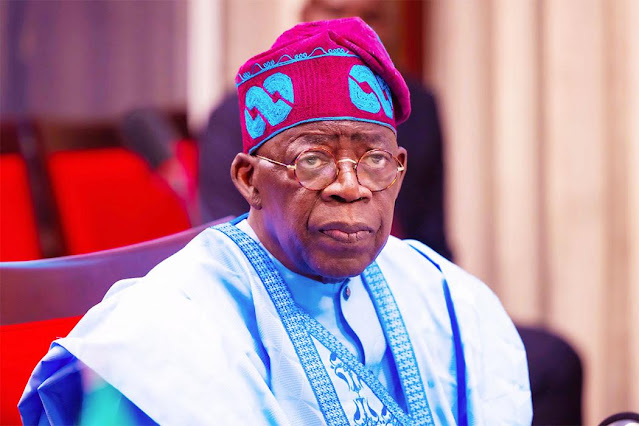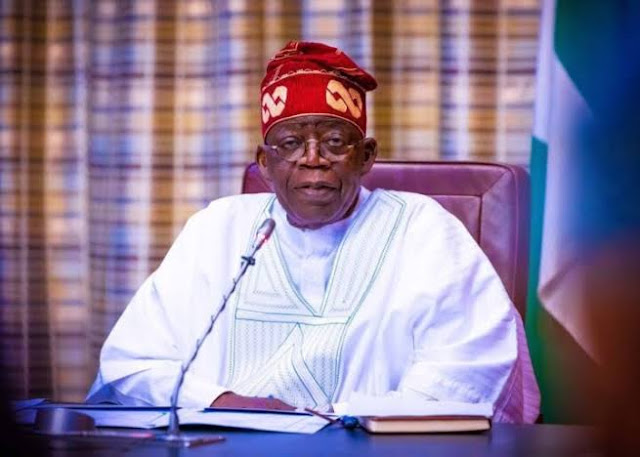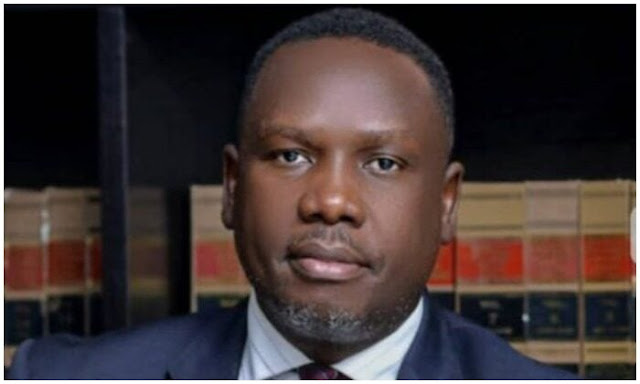In a transformative move to enhance the quality of education and promote inclusivity in its school system, the Niger State Government has launched a groundbreaking initiative to train teachers in inclusive early childhood education (ECE). This program, announced recently, underscores the state’s commitment to ensuring that every child, regardless of ability or background, has access to quality education from the earliest stages of their development. The initiative, spearheaded by the Niger State Universal Basic Education Board (NSUBEB) in collaboration with the state’s Ministry of Education, aims to equip teachers with the skills and knowledge needed to create inclusive learning environments that cater to diverse learners, including those with disabilities and special needs.
The training program, which has garnered attention for its forward-thinking approach, is part of Niger State’s broader efforts to align its education system with global best practices and the United Nations Sustainable Development Goal 4 (SDG 4), which emphasizes inclusive and equitable quality education for all. This article provides an in-depth exploration of the initiative, its objectives, the training process, its significance for Niger State’s education system, and its potential to serve as a model for other states in Nigeria and beyond.
Background: The Need for Inclusive Early Childhood Education
Early childhood education is widely recognized as a critical foundation for lifelong learning and development. Research shows that the first five years of a child’s life are pivotal for cognitive, social, and emotional growth, with experiences during this period shaping future academic and personal success. In Nigeria, however, access to quality early childhood education remains limited, particularly for children with disabilities or those from marginalized communities. According to UNICEF, only 35.6% of children aged 36–59 months in Nigeria receive early childhood education, with even lower rates in northern states like Niger due to economic barriers, cultural norms, and inadequate infrastructure.
Inclusivity in education is a pressing need in Nigeria, where millions of children face barriers to learning due to disabilities, poverty, or geographic isolation. Traditional classroom models often fail to accommodate diverse learning needs, leaving many children, particularly those with special needs, excluded from mainstream education. This exclusion perpetuates inequality and limits opportunities for these children to reach their full potential. Recognizing these challenges, the Niger State Government has taken a proactive step to address them through targeted teacher training in inclusive ECE, aiming to create classrooms that are welcoming and supportive for all learners.
Objectives of the Teacher Training Program
The Niger State teacher training program for inclusive early childhood education is designed with several key objectives:
Equipping Teachers with Inclusive Pedagogies: The program aims to train teachers in evidence-based teaching strategies that cater to diverse learners, including children with physical, sensory, or intellectual disabilities.
Promoting Equitable Access to Education: By fostering inclusive classrooms, the initiative seeks to ensure that all children, regardless of their abilities or socio-economic background, have access to quality early education.
Enhancing Teacher Capacity: The training focuses on building teachers’ skills in differentiated instruction, classroom management, and the use of assistive technologies to support diverse learners.
Aligning with Global Standards: The program aligns with international frameworks such as SDG 4 and UNESCO’s guidelines on inclusive education, positioning Niger State as a leader in educational reform.
Fostering Community Engagement: The initiative encourages teachers to involve parents and communities in creating inclusive learning environments, ensuring broader support for children with special needs.
Details of the Training Program
The teacher training program, organized by NSUBEB in partnership with the Ministry of Education, targets educators in public primary and pre-primary schools across Niger State’s 25 local government areas. The program is structured to provide both theoretical and practical training, ensuring that teachers are well-equipped to implement inclusive practices in their classrooms.
Training Components
Inclusive Teaching Strategies: Teachers are trained in differentiated instruction, a method that tailors teaching to meet the individual needs of students. This includes adapting lesson plans, using varied assessment methods, and incorporating visual, auditory, and kinesthetic learning activities to accommodate different learning styles.
Understanding Disabilities: The training covers the identification and management of various disabilities, such as autism, dyslexia, and physical impairments. Teachers learn to recognize signs of learning difficulties and implement appropriate interventions.
Use of Assistive Technologies: The program introduces teachers to assistive technologies, such as braille devices, hearing aids, and interactive learning tools, to support students with special needs.
Classroom Management: Teachers are equipped with strategies to manage diverse classrooms, including fostering positive behavior, creating inclusive group activities, and addressing bullying or stigmatization of students with disabilities.
Parental and Community Involvement: The training emphasizes the importance of engaging parents and communities in supporting inclusive education. Teachers learn to conduct awareness campaigns and collaborate with families to create supportive learning environments.
Implementation Process
The training is conducted in phases to ensure comprehensive coverage and effective implementation. The first phase, launched in 2025, targets teachers in urban and semi-urban areas, with plans to extend to rural schools in subsequent phases. The program employs a train-the-trainer model, where master trainers, trained by education experts and international partners, cascade their knowledge to other teachers across the state. Workshops, seminars, and hands-on sessions are held in designated training centers, with follow-up support provided through mentorship and monitoring.
The curriculum for the training is informed by global best practices, drawing on frameworks such as UNESCO’s Inclusive Education Guidelines and Howard Gardner’s theory of multiple intelligences, which emphasizes that students learn in diverse ways. The program also incorporates insights from Lev Vygotsky’s constructivist theory, which highlights the role of social interaction in learning, encouraging teachers to create collaborative classroom environments where students learn from one another.
Significance of the Initiative
The Niger State teacher training program for inclusive early childhood education is a significant step toward transforming the state’s education system. Its importance can be understood through several lenses:
Addressing Educational Inequities: By focusing on inclusivity, the program ensures that children with disabilities and those from marginalized communities are not left behind. This aligns with SDG 4’s goal of equitable education and addresses Nigeria’s high out-of-school children rate, particularly in northern states where only 53% of children attend school.
Building Teacher Capacity: The training empowers teachers to become agents of change, equipped with the skills to create inclusive classrooms that foster learning for all students. This is particularly crucial in Niger State, where many teachers lack formal training in inclusive education.
Enhancing Early Childhood Development: By targeting early childhood education, the program lays a strong foundation for lifelong learning. Early interventions for children with special needs can significantly improve their academic and social outcomes.
Setting a National Precedent: As one of the first states to implement such a comprehensive training program for inclusive ECE, Niger State is setting a precedent for other states to follow. The initiative could inspire national reforms to address the inclusion gap in Nigeria’s education system.
Promoting Social Cohesion: Inclusive education fosters empathy, teamwork, and resilience among students, creating a more cohesive and understanding society. By teaching children to value diversity from an early age, the program contributes to social harmony.
Impact on Niger State’s Education System
The teacher training program is expected to have far-reaching impacts on Niger State’s education system:
Improved Learning Outcomes: By equipping teachers with inclusive teaching strategies, the program will enhance learning outcomes for all students, particularly those with special needs who are often underserved in traditional classrooms.
Increased Enrollment and Retention: Inclusive classrooms create welcoming environments that encourage parents to enroll their children, including those with disabilities, and reduce dropout rates by addressing individual learning needs.
Teacher Empowerment: The training boosts teachers’ confidence and professional competence, enabling them to handle diverse classrooms effectively. This could reduce teacher absenteeism and improve job satisfaction.
Community Engagement: The program’s emphasis on parental and community involvement will strengthen the support system for students, ensuring that inclusive education extends beyond the classroom.
Alignment with Global Standards: The initiative positions Niger State as a leader in inclusive education, aligning its practices with international frameworks and enhancing its reputation in the global education community.
Challenges to Implementation
While the teacher training program is a commendable step, its implementation faces several challenges:
Funding Constraints: Sustaining a large-scale training program requires significant financial investment. Niger State, like many Nigerian states, faces budgetary constraints that could limit the program’s scalability and long-term impact.
Infrastructure Deficits: Many schools in Niger State, particularly in rural areas, lack the infrastructure needed to support inclusive education, such as accessible classrooms, assistive technologies, and learning materials.
Teacher Resistance: Some teachers may resist adopting new teaching methods due to unfamiliarity or increased workload. Continuous support and incentives will be necessary to ensure buy-in.
Cultural Barriers: Cultural norms in some communities may discourage the inclusion of children with disabilities in mainstream schools, requiring targeted awareness campaigns to change attitudes.
Monitoring and Evaluation: Ensuring that trained teachers implement inclusive practices effectively will require robust monitoring and evaluation mechanisms, which may be challenging to establish in resource-constrained settings.
Opportunities for Growth
Despite these challenges, the program presents significant opportunities for growth and innovation:
Partnerships with NGOs and International Organizations: Collaborating with organizations like UNICEF, UNESCO, and the Global Partnership for Education (GPE) can provide additional funding, expertise, and resources to scale the program.
Integration of Technology: Expanding the use of digital platforms, such as Nigeria’s National e-Learning Portal, can enhance teacher training and provide access to inclusive education resources.
Community Sensitization: Engaging communities through awareness campaigns and workshops can reduce stigma around disabilities and encourage parental support for inclusive education.
Scaling to Other Levels: While the program currently focuses on early childhood education, its success could pave the way for similar training initiatives at primary and secondary levels.
Research and Innovation: The program provides an opportunity to generate data and evidence on inclusive education practices, contributing to Nigeria’s education policy and global research on inclusivity.
Stakeholder Reactions
The initiative has been widely praised by stakeholders in Niger State’s education sector. The Niger State Teachers’ Union has commended the government for prioritizing teacher training and inclusivity, noting that it will enhance the quality of education and teacher morale. Parents of children with disabilities have expressed optimism about the program, highlighting its potential to give their children equal opportunities to learn and thrive.
Education experts have also lauded the initiative, with some calling it a “game-changer” for Niger State’s education system. However, they have urged the government to address infrastructure deficits and ensure that rural schools are not left behind. Civil society organizations have called for greater community engagement to ensure that the program’s benefits reach all corners of the state.
The Way Forward
The Niger State Government’s teacher training program for inclusive early childhood education is a bold and visionary step toward transforming the state’s education system. To ensure its success, the government must focus on several key priorities:
Sustained Funding: Allocating sufficient resources to the program, including investments in training materials, assistive technologies, and infrastructure, will be critical to its long-term impact.
Continuous Professional Development: Offering ongoing training and mentorship for teachers will ensure that they remain up-to-date with best practices in inclusive education.
Infrastructure Upgrades: Investing in accessible classrooms, learning materials, and assistive technologies will create an enabling environment for inclusive education.
Community Engagement: Conducting awareness campaigns to change cultural attitudes toward disabilities and involve parents in the education process will enhance the program’s effectiveness.
Monitoring and Evaluation: Establishing a robust framework to assess the program’s impact and address implementation challenges will ensure accountability and continuous improvement.
By addressing these priorities, Niger State can set a national standard for inclusive education and inspire other states to adopt similar initiatives. The program’s success could also position Nigeria as a leader in inclusive early childhood education in Africa, contributing to the achievement of SDG 4 and fostering a more equitable and inclusive society.
The Niger State Government’s teacher training program for inclusive early childhood education represents a significant milestone in the state’s efforts to provide quality education for all children. By equipping teachers with the skills to create inclusive classrooms, the initiative addresses longstanding barriers to education and lays a strong foundation for lifelong learning. The program’s focus on inclusivity, teacher empowerment, and community engagement reflects a holistic approach to educational reform, with the potential to transform Niger State’s education system and serve as a model for Nigeria and beyond.
As the state moves forward with the implementation of this program, it must address challenges such as funding, infrastructure, and cultural barriers while leveraging opportunities for partnerships, technology, and research. With sustained commitment and collaboration, Niger State can create a future where every child, regardless of ability or background, has the opportunity to thrive in an inclusive and supportive learning environment.






